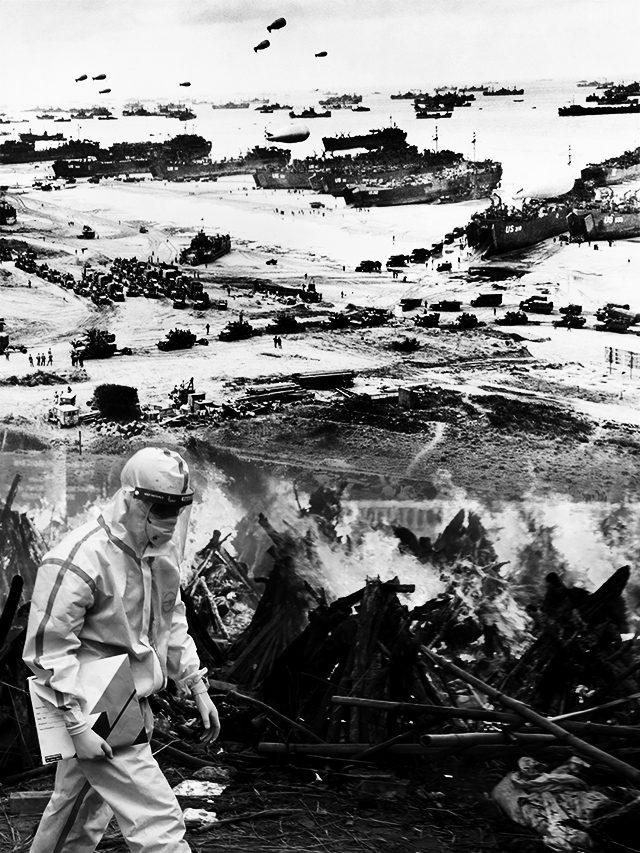SUMMARY
This is AI generated summarization, which may have errors. For context, always refer to the full article.

“No ocean’s wide enough, no wall’s high enough, to keep us safe.”
With this as preface, President Joe Biden announced last week that the United States will donate 20 million doses of Pfizer-BioNTech, Moderna and Johnson & Johnson from its own supply – all approved for domestic use – to countries in need. These will be sent abroad in June, in addition to the 60 million doses of AstraZeneca Biden has pledged to donate.
We still don’t know if the Philippines will be on the list of recipients although I expect that Filipino-American groups and our embassy in Washington, DC will actively lobby for a share – as they have been doing for the AstraZeneca vaccines.
Biden’s move was in response to a clamor from the World Health Organization, UNICEF and activist groups for America and other wealthy countries to help vaccinate the rest of the world. “… I urge them to reconsider [vaccinating adolescents] and to instead donate vaccines to #COVAX,” WHO chief Tedros Adhanom Ghebreyesus told a virtual meeting in Geneva.
The Economist urged Biden to do the same. The magazine wrote: “If Mr Biden really wants to make a difference, he can donate vaccines right now through Covax. Rich countries over-ordered because they did not know which vaccines would work. Britain has ordered more than nine doses for each adult, Canada more than 13. These will be urgently needed elsewhere… The rich world should not stockpile boosters to cover the population many times over on the off-chance that they may be needed. In the next six months, this could yield billions of doses of vaccine.”
Countries like ours are just starting to vaccinate. As of mid-May, around 2.06% of our population have received the first of two doses of the vaccine. Those who have taken both jabs represent around 0.66% of the population. We still have a painfully long way to go.
The private sector gives us a ray of hope. In an unprecedented move, companies have gotten together – including competitors – to organize a massive vaccination drive for employees and their families in what has been dubbed “Ingat Angat Bakuna Lahat.”
Still, the gap is stark. As of the end of April, the US has fully vaccinated at least 30% of its population. Similarly, in the UK, 30% have been fully vaccinated.
Like a world war
Biden likened the horrific predicament we’re in now to the past world war with the US playing a vital role: “Just as in World War II America was the arsenal of democracy, in the battle against the Covid-19 pandemic our nation’s going to be the arsenal of vaccines for the rest of the world.”
The number of lives lost has reached 10 million, according to The Economist which based this on its modelling study: “Our model suggests that COVID-19 has already claimed 7.1m-12.7m lives. Our central estimate is that 10m people have died who would otherwise be living.”
This is much more than the total of 3.5 million reported deaths due to COVID-19.
Here in the Philippines, we’ve avoided comparing the pandemic to a war because of the horrors President Duterte’s drug war has inflicted on us, leaving thousands dead, searing our memories.
The first lockdown in March 2020, the longest and most stringent in Asia, had shades of a war: at least one was killed by policemen for supposedly violating lockdown rules; thousands were arrested for not observing curfew; and netizens who criticized the government’s inept response to the pandemic were either detained or harassed.
Looking back at history, however, this pandemic, in a way, is our generation’s World War II. I heard this comparison first from Bill Gates who wrote: “Just as World War II was the defining event for my parents’ generation, the COVID-19 pandemic will define the generations living through it right now.”
I couldn’t think of any other epic life-threatening global phenomenon that baby boomers have been through. This pandemic is it.
This must be the reason I’ve been reading novels set in World War II, to travel back in time and vicariously experience what our parents and elders went through. It was a dangerous and cruel time, when deaths stole people away, when anger and grief consumed many.
Perhaps, I also want to know that our sufferings today are not as devastating as those caused by the war. I want to seek solace in the thought that we’re still better off, with the healing grace of vaccines and global cooperation – despite the scars this pandemic has left us.
Like those who survived World War II, I like to think that we will emerge from this mega-crisis stronger in spirit and wiser in deeds and words.
Add a comment
How does this make you feel?
There are no comments yet. Add your comment to start the conversation.